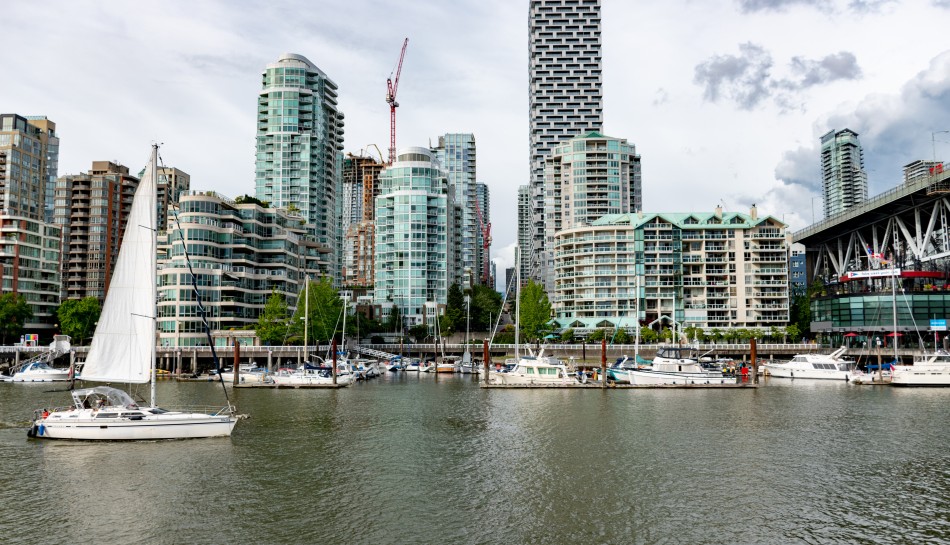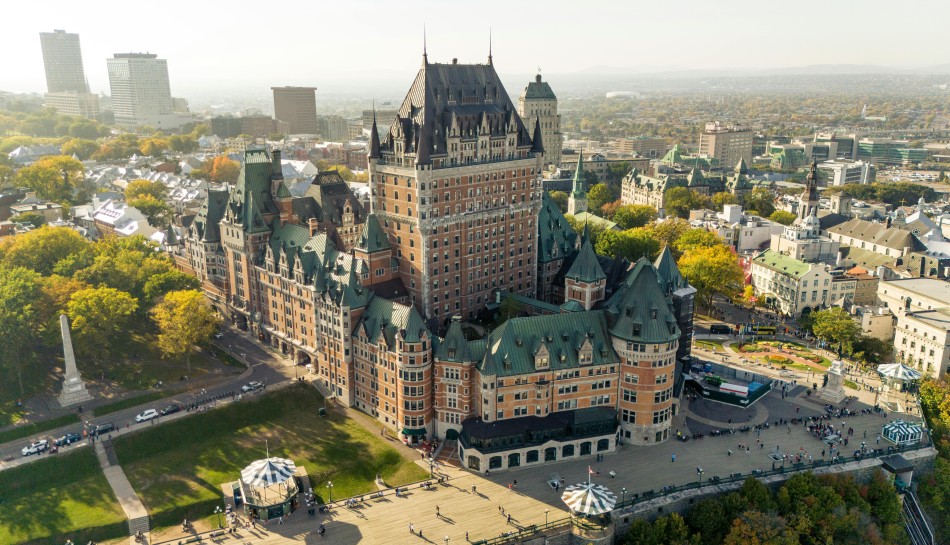Three of Canada’s provinces have nominated candidates through streams of the Provincial Nominee Program (PNP).
A candidate that receives nomination by a province becomes much more likely to receive an invitation to apply (ITA) for permanent residency from Immigration, Refugees and Citizenship Canada (IRCC). This is because the federal and provincial governments share responsibility for immigration in Canada and being nominated by a province means you are considered a good fit for the provincial labour force.
PNPs target economic immigration candidates who are the most likely to integrate into the provincial economy. This could be because of their profession, a family connection, or a demonstrated strong intent to reside in the province.
The likelihood of remaining within the province has also prompted Nova Scotia to update its selection criteria for the Experience Stream of the Nova Scotia Nominee Program (NSNP). Effective June 9, the province has changed its criteria to only select international graduates who have completed their studies within Nova Scotia. Those who graduated from other provinces will still be eligible to apply for provincial nomination in Nova Scotia through other streams.
Provincial immigration results July 8-14
British Columbia
The British Columbia Provincial Nominee Program (BC PNP) held its usual weekly draw on July 11.
This week the province invited more than 202 candidates in four draws targeting candidates in three streams.
The largest draw invited 152 candidates from the Skilled Worker, International Graduate and Entry-Level and Semi-Skilled streams in a general draw including tech occupations. Skilled Workers required a SIRS score of 106, International graduates required a score of 109 and Entry-Level and Semi-Skilled candidates required a score of 87.
The remaining three draws were occupation-specific and targeted only Skilled Workers and International Graduates. The first was for 35 early childhood educators and assistants, the second for 15 healthcare professionals and the third invited fewer than five others in other priority occupations. The minimum score was 60 for each draw.
Manitoba
Manitoba issued 540 letters of advice to apply to candidates on July 13. Among them, there were four draws split over three streams.
The province invited skilled workers in two of these draws. The first draw was occupation-specific for 205 candidates with scores of 604. These candidates hold occupations under specific broad categories and major groups under National Occupational Classification (NOC) 2021
- 3 – Health occupations
- 10 – Specialized middle management occupations in administrative services, financial and business services and communication (except broadcasting)
- 14 – Administrative and financial support and supply chain logistics occupations
- 75 – Helpers and labourers and other transport drivers, operators and labourers
There were also 237 Skilled Workers invited in a non-occupation-specific draw. They required a minimum score of 661.
The remaining draws invited 57 international education stream candidates and 41 skilled workers overseas. Skilled Workers Overseas needed a minimum score of 774.
New Brunswick
New Brunswick has released the results of all NB Express Entry draws for the month of June. In total 121 invitations were issued to candidates in three streams:
- 28 invitations were issued to candidates in the NB Employment Connection stream;
- 64 to candidates in the NB student Connection stream; and
- 29 in the NB Occupations-In-demand connection stream.
So far in 2023, New Brunswick has issued 630 invitations to candidates in the NB Express Entry program.
Source: cicnews.com




















